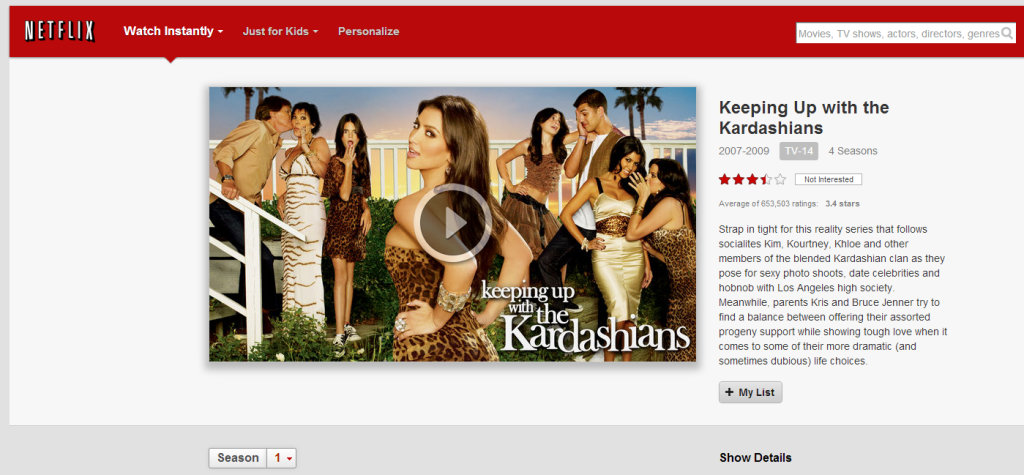Reality TV as a Cultural Phenomenon
August 30, 2013
In March of 2011, Jersey Shore’s Snooki was paid more to give the Commencement address at Rutgers University than was offered to Nobel prize-winning author Toni Morrison. “Study hard, but party harder,” she proclaimed to the students. If that doesn’t say something about the impact of reality TV on our lives, I don’t know what does.
In the last decade, reality TV has managed to integrate itself seamlessly into our culture. “Keeping up with the Kardashians” and “The Bachelor” have become sources of daily conversation, as we unknowingly allow ourselves to be dragged into the superfluous drama that encompasses these reality stars’ lives.
My frustration begins with the fact that reality stars gain fame and fortune simply from filming their daily lives. Most of them seem to work harder at dumbing themselves down for entertainment value than they do at any other aspect of their lives, sending a message to viewers that appearance and mediocrity trump intelligence and talent. As writer John Perritano noted, reality TV “glorifies abuse, elevates shallow personalities, and promotes dysfunctional relationships.”
A study in 2006 which analyzed reality television programs for their medical and health effects determined that these shows place an extreme emphasis on superficiality, affecting both body images and self-esteem of viewers. This sort of influence in a culture already beset with eating disorders and body image issues does nothing but exacerbate desperate problems.
Reality TV has been in existence since 1973, but its sudden rise in popularity is most likely due to its’ profitable nature. Startup fees for reality TV programs are much cheaper than for sitcoms so fewer viewers are necessary to ensure a lucrative venture, leading networks to embrace their fiscal potential. But with such a negative impact on viewers, perhaps these networks should reevaluate their propensity to make a profit, and instead take into consideration the psychological effects on potential viewers.









